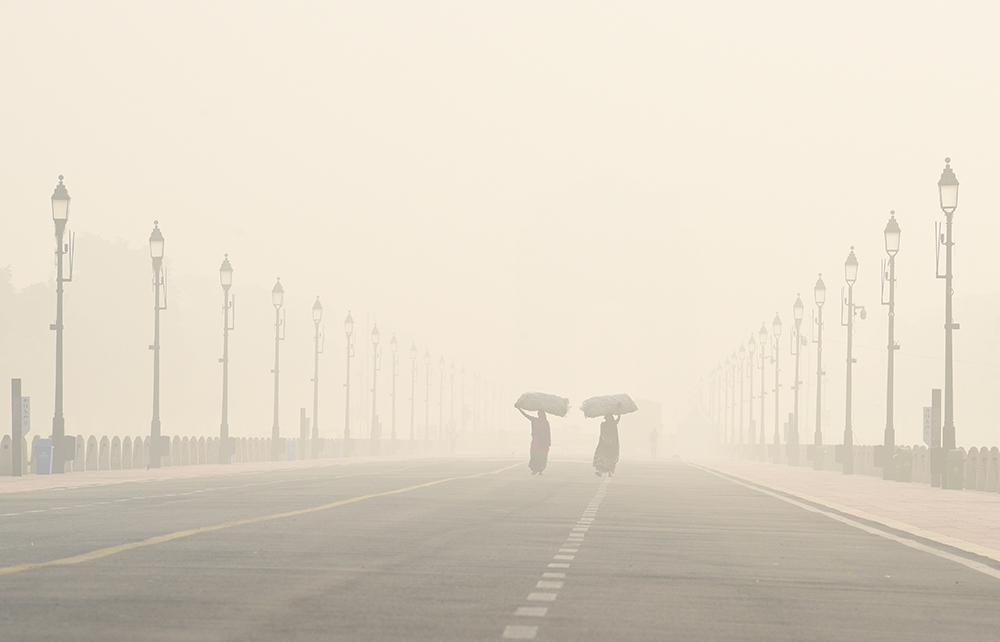Civilisation pollutes. Every improvement will bring poison and entropy in its wake. Apparently infinite resources are always finite. Immediate gain is inevitable loss. Lip service to ideals of balance and moderation is as old as humanity and has never been enough.
Peter Frankopan’s story of our relationship to the world across all planetary space and human time is necessarily vast – 660 pages of text, with footnotes relegated to 212 pages online – in which the grand cycle is enacted again and again. Enterprise, vision, cultivation, expansion, connection, brutality, dominance, exploitation, overstretch, sclerosis, inadequacy, failure, disaster, death and collapse follow one another, all of them patiently queuing up like customers at the shop of life, waiting for their moment at the till, only to slope round to the back of the queue and start the cycle again.
The shrinking of glaciers may release the volcanic forces the weight of ice previously constrained
The world is the theatre for this binge-worthy drama, every episode in all the continents playing its variation on the repeated themes. The oscillations of the climate are the Dei ex machina, not unlike the terrifying ancient gods, often strangely and unpredictably beneficent, providing, sometimes for centuries at a time, conditions in which people can be well and happy (weather in the Roman empire was largely sunny and warm, as it was again in Europe from 800-1200), and then turning without warning wilfully destructive, suddenly enraged, imposing flood, drought, famine and plague on a scale that shrinks human life to an ant-like cowering under the rocks of a brutal world.
Volcanoes are the unexpected killers. Their spewing of ash into an atmosphere whose winds distribute it around the globe has repeatedly destroyed summers, devastated crops, induced famines and collapsed societies. It may well be that a series of vast eruptions in Iceland in the 1780s not only crushed agricultural production across the world – there is evidence from Russia, Egypt, India and Japan – but lay behind the discontent that blew up at the end of the decade in the French Revolution.







Comments
Join the debate for just £1 a month
Be part of the conversation with other Spectator readers by getting your first three months for £3.
UNLOCK ACCESS Just £1 a monthAlready a subscriber? Log in